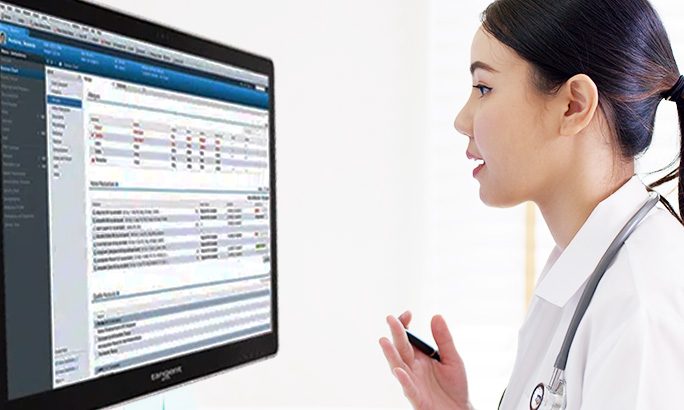Medical PCs have become an essential component in modern healthcare, enabling healthcare providers to provide efficient, accurate, and effective patient care. Medical PCs are computers designed specifically for use in healthcare settings, with features and functions that cater to the unique needs of healthcare providers. In this blog, we will explore the role of medical PCs in modern healthcare and the benefits they offer to healthcare providers.
Role of Medical PCs in Modern Healthcare:
- Medical PCs streamline healthcare operations
Medical PCs have transformed healthcare operations, allowing healthcare providers to streamline their workflows and reduce the risk of errors. Medical PCs are designed to be used in clinical settings, with features such as touch screens, antimicrobial coatings, and fanless designs to ensure they are durable, easy to clean, and hygienic. These features make medical PCs ideal for use in healthcare environments where infection control is critical.
- Medical PCs improve patient care
Medical PCs have a significant impact on patient care, enabling healthcare providers to access patient records, review test results, and communicate with other healthcare professionals in real-time. Medical PCs are often used in conjunction with electronic health record (EHR) systems, enabling healthcare providers to access and update patient records instantly. This can lead to better patient outcomes, improved patient safety, and reduced medical errors.
- Medical PCs enhance clinical decision-making
Medical PCs provide healthcare providers with access to critical patient data, enabling them to make informed decisions about patient care. Medical PCs can be used to display medical images, such as X-rays, CT scans, and MRIs, providing healthcare providers with a detailed view of a patient’s condition. Medical PCs can also be used to access medical reference materials, such as medical textbooks and clinical guidelines, providing healthcare providers with the latest information about medical conditions and treatments.
Benefits of Medical PCs in Modern Healthcare:
- Increased efficiency
Medical PCs enable healthcare providers to access patient records and other medical data quickly and easily, reducing the time needed for administrative tasks and enabling providers to focus on patient care.
- Improved accuracy
Medical PCs provide healthcare providers with access to real-time patient data, reducing the risk of errors and improving patient safety.
- Better communication
Medical PCs enable healthcare providers to communicate with other healthcare professionals in real-time, facilitating collaboration and improving the quality of patient care.
- Enhanced patient care
Medical PCs enable healthcare providers to access critical patient data, providing them with the information they need to make informed decisions about patient care.
- Improved patient outcomes
Medical PCs can lead to better patient outcomes by reducing medical errors, improving patient safety, and enabling healthcare providers to provide more accurate and effective patient care.
Medical PCs have become an integral part of modern healthcare, providing healthcare providers with the tools they need to provide efficient, accurate, and effective patient care. Medical PCs enable healthcare providers to streamline their workflows, access critical patient data, and communicate with other healthcare professionals in real-time. The benefits of medical PCs in modern healthcare are numerous, and they are likely to play an increasingly important role in the future of healthcare.
